Bearberry /Arctostaphylos uva-ursi Asteraceae/ is a small thorny shrub that grows in the high parts of Europe. It has cute little red berries that look similar to grapes. It reaches a height of 20 cm, blooms in August and September.
It is characterized by reddish-brown bark of the stems, small but well-formed leaves, including smallish fruits. The name of the herb comes from the belief that its fruits are actually not very tasty or juicy, the fruit is beloved by bears.
During flowering, Bearberries form groups of small pink or white flowers that resemble the shape of a bell. It turns them into Bearberry fruits. For centuries, bearberry is used to treat kidney stones, infections of the genital tract and many other diseases in this area. To this day it is one of the most commonly used herbs.
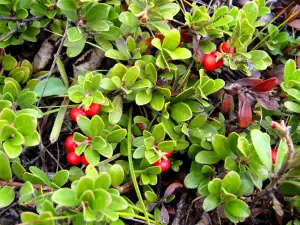
Composition of Bearberry
The leaves of the herb contain about 10% phenolic glycosides metilarbutin and arbutin. Arbutin is the most important ingredient of Bearberry. Other substances that are found in the leaves are broad group of tannins and some 14 phenolic acids.
Another important component of Bearberry is hydroquinone. In the herb, there are also small amounts of hydroquinone metilhidrohinon, about 20% galotanins /tannins/ essential oil, quinone and formic acids, several flavonoid substances - cvercitrin, miricitrin, hyperoside, gallic and ellagic acid.
Interesting ingredient in Bearberry is an acid that is inherently triterpene saponin. Depending on where it comes from, Bearberry’s ratio of arbutin and metilarbutin may vary.
Picking bearberries
Usable part of the herb are its leaves. Picking during flowering and harvesting should be done in a dry and sunny day. Cut the outer twigs and even then clean of dark foliage or other unnecessary grasses. Branches are cut with a sharp knife and dried in a ventilated and dry place. Note that you are not allowed to re- plant the roots.
Once dried, the leaves of the herb are separated, cleaned of twigs and dried in shade. Properly dried leaves should be dark green and glossy on the upper side and the underside - sage green. Keep in a ventilated, shady area.
Bearberries can be found in almost any pharmacy, so do not worry if you can not pick it yourself. Bearberry extract is broadly known as URSIT extract.
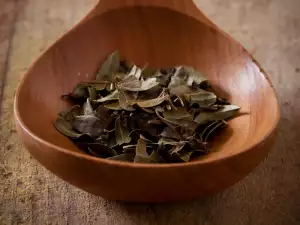
Benefits and application of Bearberries
Bearberry soothes and promotes excretion of urinary grains. Its use is extremely useful for disinfecting the urethra in chronic cystitis. The herb is used in kidney inflammation /pyelitis/ in kidney and gall stones.
According to many doctors Bearberry is the most powerful anti-inflammatory herb that can help with chronic cystitis and pyelonephritis. It is used as the main ingredient of diuretic teas. Bearberry effectively reduces the accumulated levels of uric acid in the body. Folk medicine recommends the use of the leaves of the Bearberry in presence of blood in the urine, leucorrhoea, diabetes, tuberculosis of the kidney. It is also useful for problems with the prostate gland.
You can use Bearberry to form a decoction of pre-cut and crushed leaves or cold extract. Prepare a potion by putting 1 tablespoon of the herb in 700 ml of boiling water. Simmer the broth for half an hour on low heat. Strain it and take 100 ml every day.
If you want to prepare a cold extract, mix 1 tablespoon bearberry with 200 ml of cold water. Leave to stand for 8 hours, then strain and take 2 tablespoons 4-5 times a day.
Dangers of Bearberries
Bearberry extract is safe, but if taken in the doses mentioned for the shortest period of time - usually one week. People who suffer from liver problems, pregnant women and nursing mothers should avoid the use of bearberry. There are few cases in which Bearberry can cause allergy.
It is not excluded that taking the herb may also cause some side effects - in small doses, bearberry can cause discolored urine or saturate it with green pigments, or bring about a case of nausea and tinnitus. It is believed that taking Bearberry for too long can damage the visual pigments, and even lead to blindness.
All foods, drugs and supplements that contain acid elimination in the urine decrease the potency of bearberry. This group includes many other nutrients, such as vitamin C. On the other hand, the adoption of base character and alkalized foods will enhance the effects of Bearberry.
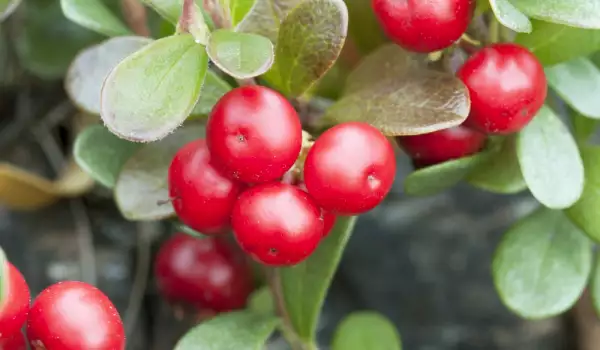
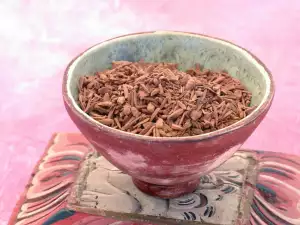
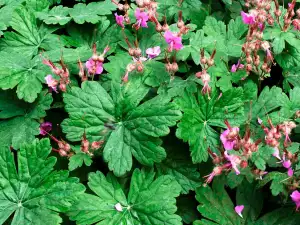
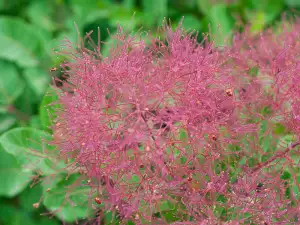


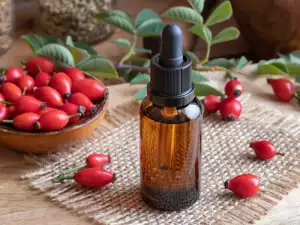
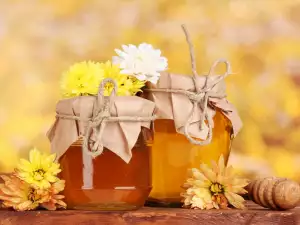
Comments